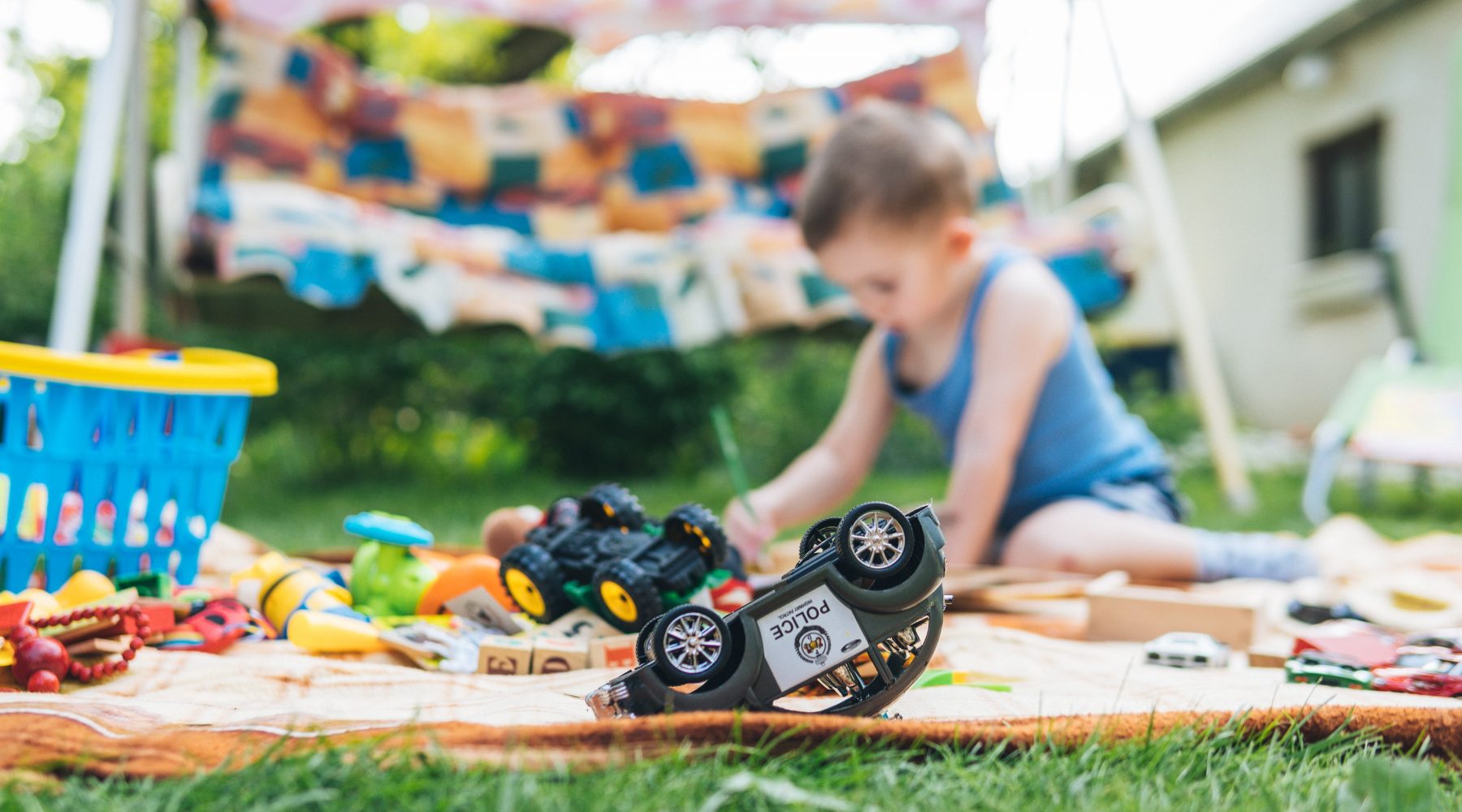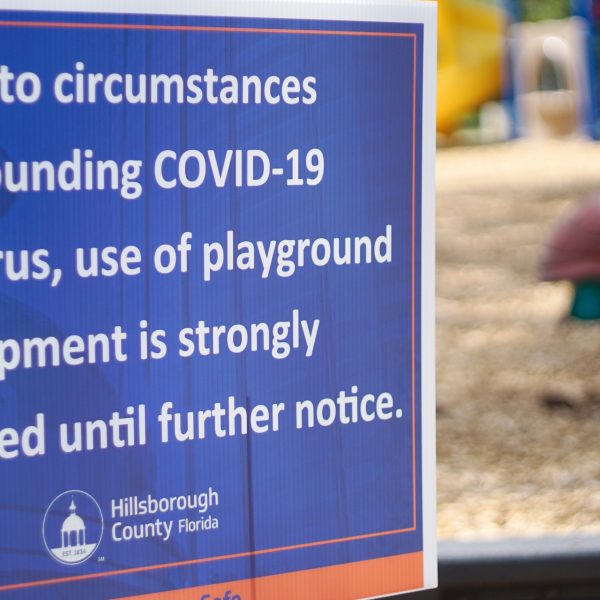Emerging Minds advice for helping children during COVID-19

Infant and child mental health advocate Emerging Minds has urged all those who work with and care for children to consider the impact that COVID-19 reactions and prevention measures may be having on children, issuing a reminder with a simple premise – children are not immune to the community fear and anxiety caused by COVID-19.
“Children’s daily lives are quickly changing, they’re being asked to wash their hands more than ever before, keep a safe distance from others, stay away from grandparents in aged care, and are seeing school camps, outings and sport cancelled,” said Emerging Minds Director Brad Morgan.
“As adults we have the potential to make sense of these necessary measures and distil facts from speculation, but our children don’t have that capacity.”
Having regular, open and honest conversations with children is vitally important Mr Morgan said. Such conversations could begin with open questions about what children are feeling and what they’re seeing and hearing.
“Children are naturally inquisitive so it’s important that parents create opportunities for them to ask questions,” he added.
When responding to these questions, it is important for adults to answer honestly, but also in hopeful and positive ways to avoid worsening children’s concerns. The level of detail in the answer should be tailored to match the child’s age, and psychological and emotional maturity.
Also important, Mr Morgan said, was to ensure that adult answers were based on reliable sources of information about COVID-19, so that any misinformation children have can be corrected. Talking about the measures being taken by the government, the community and what individuals and groups can do to help prevent the virus spreading may also provide comfort.
Adults also need to be conscious of their own emotions, Mr Morgan cautioned, as children are very sensitive to changes in their parent, teacher or caregiver’s mood and behaviours.
“Children are often reluctant to share their own concerns if they think they will upset the adults they rely on,” he said. “This leaves them to manage their fears and feelings on their own.”
Allowing space for positive open interaction with trusted adults will support children to work through their feelings and avoid becoming distressed, which can lead to them becoming anxious and experiencing emotional and behavioural issues.
Emerging Minds has offered the following tips for adults to use to help children understand the virus:
- Create time and space on a regular basis for children to ask questions, but don’t force them to talk if they don’t want to
- Maintain routines and rituals as possible – with Easter coming up, continuing traditions, or altering them to suit the current restrictions, may comfort and reassure children
- Celebrate newfound free time created by cancelled events to make new experiences, such as daily walks, sharing a meal, or having extra stories
- Be conscious of how you talk about COVID-19 – don’t be flippant or catastrophise
- Communicate hope by talking about the actions that are being taken to prepare, to stay safe and to recover. Talk to children about what is happening in the community, what families are doing at home and ways that they can help
- Limit children’s exposure to media coverage about COVID-19 – sit with them to explain what’s happening and how it affects you
- Make sure you are using reliable sources of information such as the Department of Health, Health Direct, and UNICEF. Correct any misinformation children may receive
- Provide comfort, reassurance and support if they’re upset or feeling scared
- Give young children time to play – it’s time they use to work through their feelings
- Find ways to keep children connected with loved ones that might be unable to be close tothem due to self-isolation, work or illness, such as video calls
- Before you start a conversation with a child, check in with yourself. Are you ready to talk about this? Are you prepared for questions that might come? Do you have enough accurate information? And importantly, do you have your own worries, concerns or anxiety about these events?
For more information on the work of Emerging Minds, please see here. For the latest reputable information on COVID 19, tailored to early childhood education and care, please see here.
Popular

Practice
Provider
Quality
Research
Workforce
New activity booklet supports everyday conversations to keep children safe
2025-07-10 09:00:16
by Fiona Alston

Quality
Practice
Provider
Workforce
Reclaiming Joy: Why connection, curiosity and care still matter in early childhood education
2025-07-09 10:00:07
by Fiona Alston

Policy
Practice
Provider
Quality
Research
Workforce
Beyond the headlines: celebrating educators and the power of positive relationships in early learning
2025-07-07 10:00:24
by Fiona Alston













